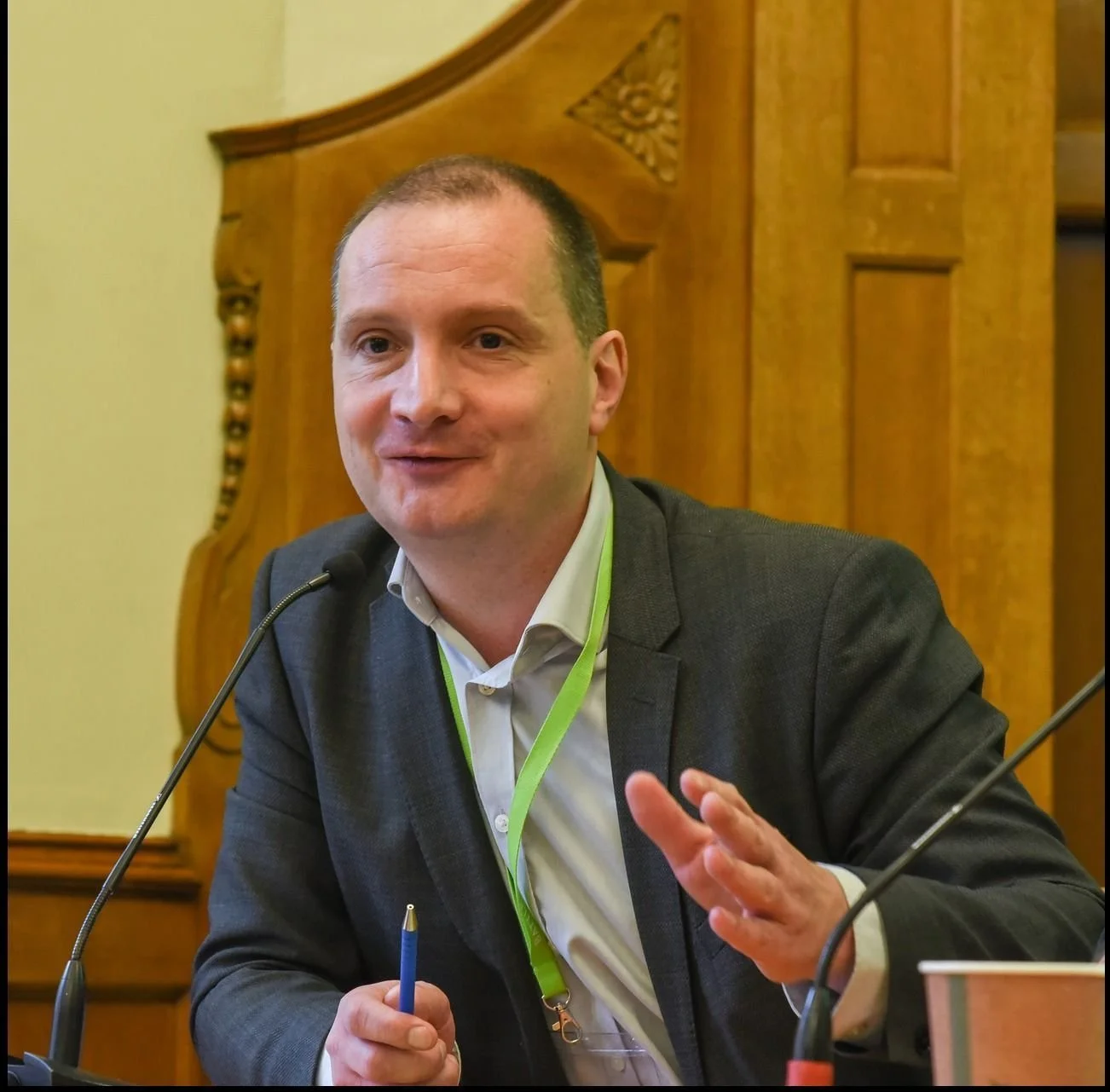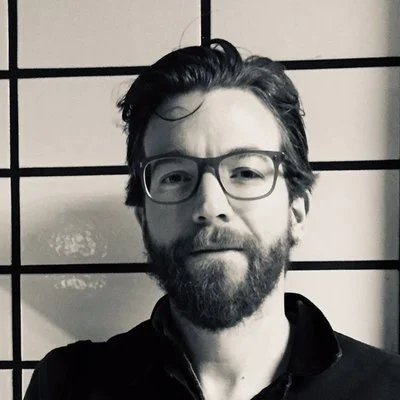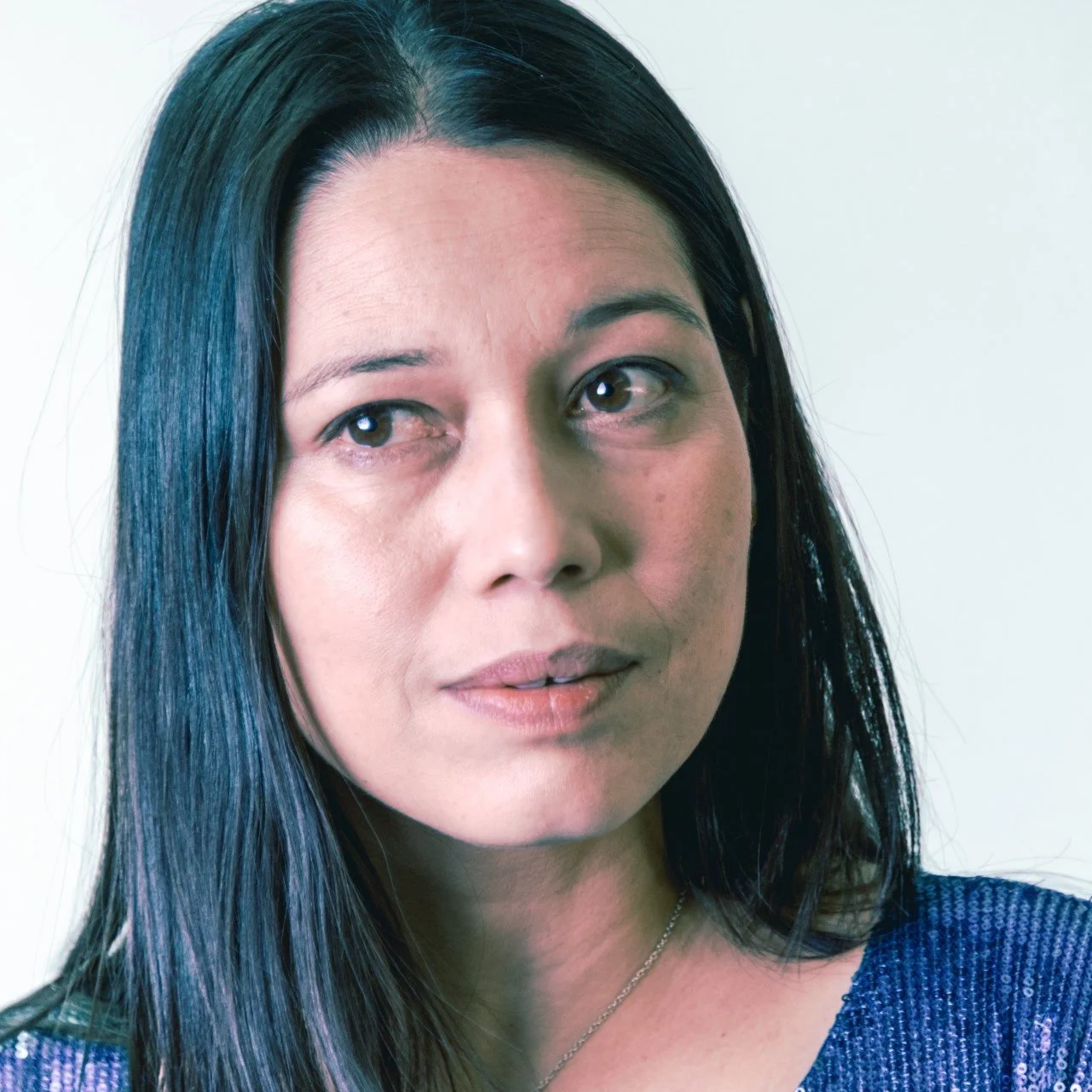George Orwell (Part V): Nineteen Eighty-Four
7.00-9.00pm, Thursday 16 May 2024 at Video Odyssey,
Toxteth TV Studios, 37-45 Windsor Street, Liverpool L8 1XE
George Orwell said about his classic dystopian novel Nineteen Eighty-Four, ‘I do not believe that the kind of society I describe necessarily will arrive, but I believe that something resembling it could arrive.’ This event, produced in partnership between WoWFEST: FAHRENHEIT 2024 and Your Local Arena, asks: just how close are we to Orwell’s vision — or are we already there?
In 1984, BBC’s Arena ran a series of programmes about the life of George Orwell. Part V begins with the tragic death of his wife Eileen in March 1945. Overcome with grief and despairing of the future, Orwell retreated to Jura, a remote Hebridean island. Here, crippled with tuberculosis and isolated from the world, Orwell wrote his last novel, Nineteen Eighty-four, a nightmare vision of a totalitarian future. Orwell explained that ‘The scene of the book is laid in Britain in order to emphasise that the English-speaking races are not innately better than anyone else and that totalitarianism, if not fought against, could triumph anywhere.’ So, are we awake, resisting or sleepwalking into the darkness once again, as imagined by Orwell?
Come and watch this classic film about one of the country’s finest writers and listen to a talk afterwards about how near we are to a nineteen eighty-four-type world. Speakers: Dolan Cummings, Director of the Manifesto Club; Director of English PEN Daniel Gorman; and freedom of speech expert Sara Whyatt. The event will also include a new poem inspired by the film by Francesca Beard.
Francesca Beard is also hosting a workshop exploring the themes from Nineteen Eighty-Four, in which attendees will stand up to Big Brother through creative expression. The workshop facilitates connection through spoken word poetry and making a nonsense of doublespeak by playing with language and improvisational story-telling techniques. It will take place on Friday 17th May, 11am – 1pm at Toxteth Library.
Your Local Arena is a Lucy Hannah & Speaking Volumes co-production featuring BBC Arena’s film archive. Funded by Arts Council England.
Your Local Arena is a unique project featuring iconic films from the archives of BBC TV’s Arena, the pioneering cultural documentary series. It includes new poems inspired by the Arena films and panel talks to explore the continuing relevance of the Arena archives today. The Your Local Arena concept was developed by Lucy Hannah and Speaking Volumes, with Arena’s award-winning director/editor Anthony Wall as creative consultant, and funded by Arts Council England.
‘To Goerge Orwell’
Your Local Arena Roving Poet in Residence, Francesca Beard, wrote this new poem in response to the film. She performed ‘To George Orwell’ at the screening and panel event at Writing On the Wall. You can watch her read it here, and read it yourself by clicking below. Scroll down to find out more about Francesca.
“Orwell’s mastery of the English language was incomparable, he used it as a weapon”
Editor Anthony Wall reflects on George Orwell (Part V).
Anthony Wall spent his early years in the east end of London. He studied at King’s College Cambridge. In 1974 he joined BBC radio as a studio manager. The same year he became the rock critic of the Morning Star and was the first journalist to interview Bob Marley for a national newspaper. Wall moved into television in 1978 and soon joined Arena, becoming one of the core directors/producers (1978-85) and then Series Editor from 1985 to 2018. He has won three BAFTAs, with numerous nominations and other awards from all over the world. His project Night and Day – The Arena Time Machine, a 24-hour evocation of a single day in the life of the planet, made entirely from the Arena archive, screened at the 2019 San Francisco Film Festival, where Wall and Arena received the Mel Novikoff Award, one of the festival’s highest honours, for their ‘contribution to cinema’.
The first entry in the diary of Winston Smith, the protagonist of George Orwell’s final novel, is 4th April 1984. Orwell wrote it through 1948, he simply reversed the third and fourth digits to a date far in the future. It must have seemed a long way off; it seemed a long way off when I read it in my teens in the 1960s. Finally for real 1984 came – and went. The world had changed for sure, but Britain was still a liberal democracy with the same two-party dominant system, no longer with an empire but recently victorious in a military adventure against Argentina in the Falklands. A conflict which Juan Luis Borges described as two bald men fighting over a comb, however it moved Margaret Thatcher from being the most unpopular Prime Minister in history to winning a massive majority in the 1983 General Election. The consequences of that success reverberate still.
1948 was the year of the Warsaw Pact, which brought Eastern Europe under the aegis of the Soviet Union. Stalin locked, barred and bolted the “Iron Curtain” that Churchill said now divided one Europe from another. Orwell barely disguises the parallels he sees between the book’s dystopia and Stalin’s USSR. While in no way a concomitant, the book also has a faint flavour of the drab hardship of post-war Britain with rationing, regulations and the ‘jollying along’ admonitions of the Attlee government to everyone to devote themselves to work and productivity.
Orwell was a socialist whose two most famous books, Animal Farm and 1984, were to some degree co-opted as endorsements for the political right. An Old Etonian who made a point of smoking the cheapest tobacco and eating the cheapest food. Orwell was a high priest of bleakness. It comes through clearly from the contributors to the Arena film, all of whom knew him well. The film is the final episode of an Arena series directed by the author and filmmaker Nigel Williams which transmitted over New Year 1983-84. It tells the story of Orwell the man as well as the great writer.
Williams reveals that Orwell wasn’t only drawn to investigate the bleak – The Road To Wigan Pier, Down and Out In London and Paris – he was also drawn to live in it, in dreary flats in north London and, finally, in the harsh, unforgiving landscape of the Isle of Jura in the Shetlands. Yet he pined for an imagined lost England. Eric Blair, his real name, wasn’t English enough, he had to change it. George for England’s patron saint, Orwell for the river which runs through his native Suffolk. Perhaps only such a contradictory character could have written a book as unsettling and persuasive as 1984.
Orwell’s mastery of the English language was incomparable, he used it as a weapon, indifferent to reaction. “If liberty means anything at all it means the right to tell people what they don’t want to hear” was a representative observation. Despite the unconcealed irritation, the scathing criticism and contained rage he so often displayed, his most consistent quality was humanity, especially in the face of injustice and oppression and especially when injustice and oppression masquerade as their opposite.
Seventy-five years after its publication, forty years after the dystopian date of its title, are the messages of 1984 more acute than ever? Today’s ever burgeoning digital technology is perfectly attuned to secrecy, surveillance and control. It doesn’t need the grisly physical torture visited on Winston Smith, only a malignant massive computer system to destroy the very sense of self of countless postmasters and postmistresses. Their role would surely have been at the very heart of Orwell’s imagined English idyll.
As these new forms of power and technology prompt debate, bewilderment and alarm, the words and concepts Orwell gave us remain to challenge and recognise their worst excesses. Big Brother, DoubleThink and 1984 are terms understood all over the world. To this curmudgeonly, disturbing and brilliant observer, I think we owe a profound gratitude.
Anthony Wall
Editor, Arena
9 April 2024
Biographies
Responding to the film
Dolan Cummings is a director of the Manifesto Club, a civil liberties group that defends freedom in public spaces and civic life. In particular, the club challenges the growing control of public spaces and informal life by state officials and private management companies. Dolan is also a novelist and essayist; his latest book is The Pictish Princess... and other stories from before there was a Scotland. Born and raised in Glasgow, he now lives in Kendal, Cumbria. More about his work can be found at www.dolancummings.com.
Daniel Gorman is the Director of English PEN, one of the world’s oldest human rights organisations, championing the freedom to write and the freedom to read around the world. Prior to English PEN Daniel was Executive Director of Shubbak, Europe’s largest festival of contemporary Arab culture. Daniel is also a co-founder of Highlight Arts, who have organised UK-based international arts festivals and events since 2007, including projects working with writers in Pakistan, Iraq, Lebanon and Syria, and was director of Firefly International. Daniel has written for the Guardian, Irish Times, N+1 and many others.
Mike Morris is founder member and Co-Director of Writing on the Wall (WoW). His background is in community activism, education & filmmaking. He studied Literature & American Studies at Liverpool John Moores University, has an MA in Creative Writing, and has written and produced two plays, Waiting for Brando and Subterranean Theatre: The Maurie. The latter is based on a short story by Liverpool seaman, writer and activist George Garrett, who George Orwell met in 1936 when researching The Road to Wigan Pier. Mike works alongside Co-Director Madeline Heneghan curating WoW’s annual festivals, managing projects and WoW’s strategic aims and development.
Sara Whyatt is a campaigner and researcher on freedom of artistic expression around the world. She headed PEN International’s freedom of expression programme for over 20 years before becoming a freelance consultant in 2013. For over ten years she has been providing her expertise to organisations including UNESCO, the Council of Europe and the Swedish Arts Council, and advises smaller local and national groups on promoting creative freedom. She is currently heading the research programme for Oslo-based Freemuse, which monitors and campaigns on attacks against artists, cultural workers and the censorship of the arts worldwide.
Twitter/X: @swhyatt| LinkedIn: linkedin.com/in/sara-whyatt
Francesca Beard is a poet who has worked with audiences and artists in over twenty-three countries through her work with the British Council. She collaborates with communities and institutions to create public-facing experiences that ask challenging questions with kindness and good humour. She facilitates creative projects with a range of age groups, from babies and their carers in libraries to people living with dementia in care homes. Recent commissions include poems for The British Geological Survey, WikiMedia and Wellcome.
She has been artist in residence with B3 Media at The Banff Centre, Canada and The Mixed Reality Lab, Nottingham University to research possible ways of telling different stories. Her solo shows, Chinese Whispers, How to Survive A Post-Truth Apocalypse and Confabulation, were made in conversation with scientists and researchers, supported by Arts Council England. She comes from Malaysia and lives in London.
To find out more, please visit www.francescabeard.com








